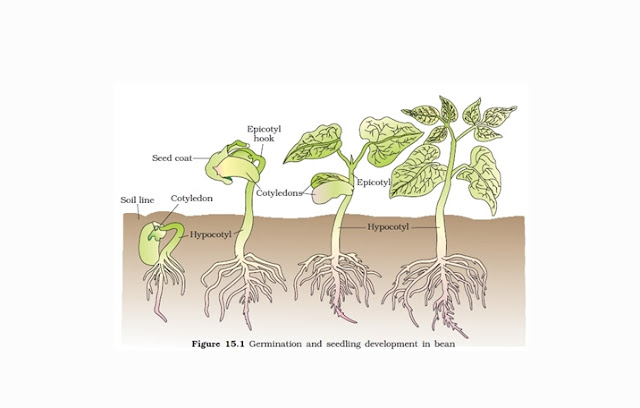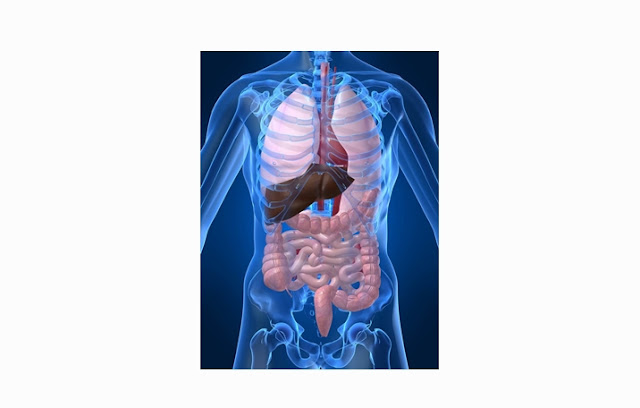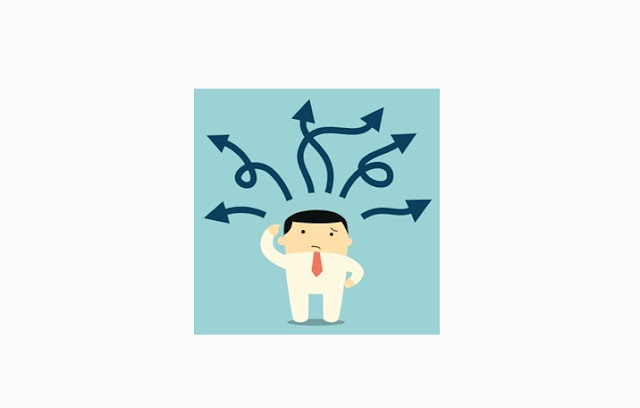A. UNDERSTANDING THE DEFINITION OF GROWTH
AND DEVELOPMENT
Growth is the process of increasing height, volume,
or mass of the body that usually are quantitative (can be calculated with
numbers). This growth can mostly be seen from the physical living being itself.
The growth process can occur because of the increase in the number of cells for
cell division. Generally, growth will be limited by age, meaning that at a
certain age, living creatures will stop its growth. Examples of growth is the
increase in a person's height.
The development is a process towards maturity that
are qualitative (can not be described with numbers) to be a completely perfect
creatures. Development, is not limited to age, meaning that human beings will
continue to grow with the increase of age. Examples of the development is the
process of a human being from birth to be able to speak, standing, and walking.
B. DIFFERENCES BETWEEN GROWTH AND
DEVELOPMENT
C. FACTORS AFFECTING GROWTH AND
DEVELOPMENT
Generally, factors that affect the growth and
development of the living beings can be divided into two groups :
1. Internal
Factors
a. genetic
Genes are hereditary factors in living organisms that
will be passed down to offspring. Genes will affect the physical
characteristics and also the nature of living beings, and therefore the genes
will play a major role in the growth and development of living things. Each
species of living beings have the nature and specific features that will be
deployed to the offspring. For example, no birds were wear going to grow up to
be cats, well this is due to genetic effects on growth and development.
b. Hormone
Hormones are organic chemical compounds produced by
the body to regulate many aspects of growth and development in most of the
living things (organisms). Although few in number within the living body, but
the hormone has a real function associated with growth and development of
living things. For example, in humans, lack of Growth Hormone produced by
anterior pituitary will cause disease that impaired child growth and
development. This child speed of growth will be disturbed.
c. Nutrition
(food)
Maybe you already know that nutrition plays an
important role in the growth and development of living things. For example, in
humans and animals who have nutritional deficiencies will look thin and have a
problem with their growth speed.
There are three nutrients that must be met for the
body to grow and develop optimally ; carbohydrates, fats, and proteins.
2. External
Factors
a. Temperature
All living things need an environment with a certain
temperature to grow and develope normally. Growth and development in the human
body looks to be optimal if the temperature is in the range of 36.5 to 37.6
Celsius degrees. While plants showed more dependence on temperature, for
example, plants will be dried in the sun even though its water needs are adequate.
b. Light
Light influence growth and development in plants,
because of the process of photosynthesis.
c. Humidity,
Water, and Soil
The point is, variety of external factors affecting
the growth and development of living things depend on how the state of their
environment.






